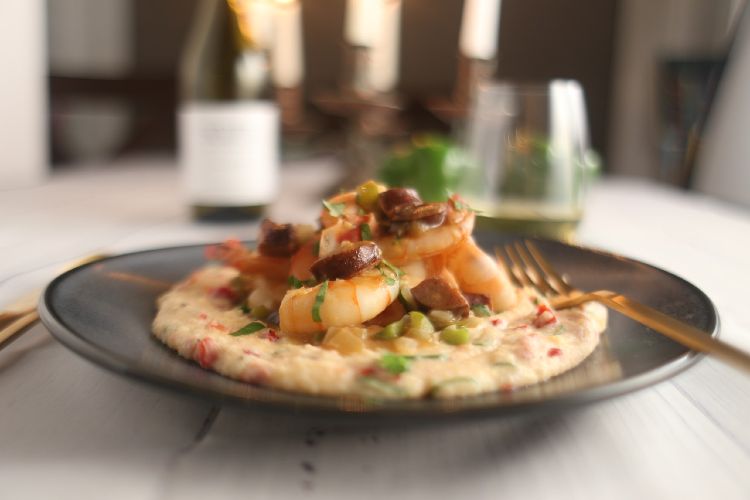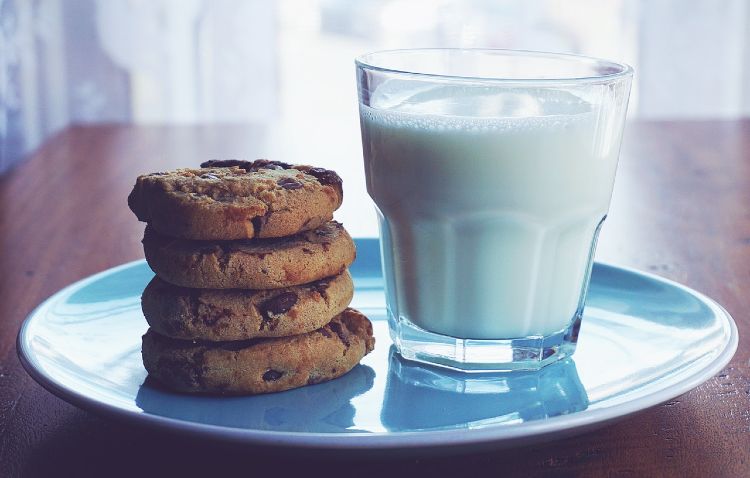Top Ten Tips for Food & Drink Blogger Best Practice
As the world of online and print media changes by the day, so do the debates about how food bloggers behave online and how, in turn, they are treated by publishers, PR, corporate brands and journalists. As I discussed in last month’s article entitled “Bloggers, Brands and Business”, published in The Foodie Bugle, there is no doubt that the world of food and drink blogging has changed dramatically in the last year, and now many of the influenced have become the new influencers, creating independent publishing platforms.
The goal posts of participation have widened and barriers to entry are now few. Many food bloggers now expect to be paid for their services, whilst established print writers who are finding paid work from normal editorial commissions drying up are now resorting to blogging for free in order to raise their online profile. Social media has opened the lines of communications so that, very quickly, specialist and expert voices in a particular field or genre can be found and engaged.
There are so many blurring lines of ethical conduct and conflict of interests that pertain to and within so many spheres of online publishing. Is it right for food bloggers to get paid by a food producer to celebrate their product on their Blog? Should cookbook publishers and authors allow bloggers to print recipes from their cookbooks, thereby taking a section of the livelihood of that writer for free? Should food bloggers be entitled to the same treatment as print media journalists with regards to invitations to events, and should they disclose that their expenses were paid for or that they received gifts in exchange for social media commentary?
The Office of Fair Trading, which acts to enforce the Consumer Protection Act, ruled in December 2010 that Handpicked Media, a promotional and advertising blogging site that receives payment for favourable reviews of products and services, had to disclose fully and clearly when comments had been paid for or face a substantial fine. As the power and viral dissemination of these sites increases, then surely does the commercial drive behind them and the amounts of money changing hands behind closed doors, which can be very misleading and dishonest for readers who read blogs in blind good faith.
The future of cookbooks and food writing, for example, very much depends on all parties working together with a co-operative vision, because we all share the same arena and therefore each individual’s behaviour within that arena affects the work and reputation of others. It is surprising that there is no code of conduct or regulation that ensures best practice in blogging, an industry which is growing day by day. I have created what, I hope, is a helpful top ten tips for good food blogger best pratice and brand relations. If you would like to add to this debate, please leave your comment below or Tweet @TheFoodieBugle.
Payment
Very few bloggers earn a living wage from food and drink writing alone. The writing market is a challenging one, long on supply, short on demand with falling prices. Food blogging should be a passionate art: the art of writing about great food and drink finds and celebrating their provenance and preparation in a free and independent website. Don’t give up the day job, so that you have an income to support your blogging. If you wish to earn a living from an advertising, endorsement, consultancy, PR or sponsorship blog then this kind of website needs to be labelled accordingly, to be differentiated from those people who are only deriving no financial gain and find literary and artistic merit in free blogging.
Disclosure and transparency
The advertising, sponsorship, endorsement, consultancy and promotional fees that bloggers receive, if any, should be clearly disclosed in each post, as well as gifts or reciprocal deals. All liens, relationships and interests to or with any of the brands, companies or individuals whose products are mentioned on the site should also be made transparent and open, delineated in terminology that leaves no room for misunderstanding. It is up to the reader then to decide whether to click out or to keep reading.
Travel
If an article is expected, bloggers should be entitled to ask for travel expenses to and from launch events, conferences or talks, especially if they derive no income at all from writing about a particular product or author. If their input is required then it is fair they should not be out of pocket. This is not greed, this is politeness.
Good manners
A small, but dedicated, number of bloggers have gained their expertise, knowledge and area of specialisation over many years of hard work, unpaid, unsung and under the radar. They should not be treated as free labour for the PR industry to get free advertising for their clients. Exploitation and collaboration are at opposite ends of human conduct. Gratitude, good manners and reciprocity should form an important part of PR agents’ and brands’ relationship with bloggers.
Influence
Rather than bullet spray random press releases across a wide, unchecked and irrelevant spectrum of bloggers, PR agents and brands should take the time to identify those writers whose blogs clearly pertain to their client’s activities, find the author’s name and write a clear e-mail identifying areas of collaboration or suggest an opportunity to meet, discuss and learn. People do not follow companies, they follow human beings. A blogger becomes influential in a distinct sphere because he or she has successfully galvanised and mobilised the attention, empathy, interest and goodwill of like-minded consumers and readers. There is nothing random nor quick about that process.
Books
When a blogger has gone to the trouble of reading a cookery book, driving or taking the train to interview the author, testing some of the recipes to see if they work, writing a review, posting it, uploading and crediting photography, Tweeting its link and linking the article to their Facebook page, the publishers and authors should help disseminate and quote that work by also using social media and blogs. Collaboration is a two-way street, and a “thank-you” is common courtesy. It is the job of the PR department of cookbook publishers to provide the book and the photographic images required for the blog for free. Recipes should never be published by bloggers because their copyright belongs to the author of the cookbook, whose livelihood depends on them.
The great divide
The restaurant and travel reviewers of national newspapers receive free travel, meals, drinks and hotel rooms in exchange for a review. There is a silent understanding in the industry that there is no obligation for that reviewer to write anything other than their opinion of their experience, although there is the expectation that a review will be published within a reasonable timeframe. Bloggers should also be free to express their own opinions, albeit, obviously, published in a way which is considered, honest, insightful and balanced. In order for blogging to receive the respect it deserves as a serious and democratic medium, all bloggers need to show both the print publishing industry and the hospitality trade that they are intelligent, educated and thoughtful writers who maintain high standards. The rising tide lifts all blogging boats, whilst poor standards sink us all.
Your calling card
A blog is the most influential calling card a writer has: it is best practice to use that calling card wisely. Do not use that calling card to smear others’ reputation or moan and rant. Do not knowingly take content from other writers’ calling cards. Spend 90% of your time ensuring the quality, accuracy, interest and significance of that calling card and 10% of the time marketing it, rather than the other way around. Excellence sells itself quietly whilst mediocrity has to shout.
Multiple skills
To be a good blogger you need to be your own editor, photographer, publisher, marketer, social media communicator, diary secretary and PA. This requires great skill, learning and juggling. Despite many food and drink print journalists and authors being very dismissive of bloggers, the levelling digital tide is sweeping everyone out to sea together. The old order is changing, so the more honed skills bloggers have under their belts the greater the chances of embracing the challenges of this new era. Learn new skills every day, practise and repeat. If you come across individuals that do not value your skills, walk on by.
The bigger picture
The bigger and broader picture should clearly consider the creation of worthwhile work and the useful legacy of blogging. Blogs remain in accessible, free cyberspace in perpetuity: they are powerful testimony of the tastes and trends of our generation and culture. The best way for bloggers to achieve a high readership, find ancillary paid work as a result of their online platform and create a centre of excellence is to work very hard, for a very long time with the support and collaboration of taste makers, trend setters, PR agents and brand specialists that understand, appreciate, value and promote their work. In the bigger picture, with the passage of time, that which goes around comes around.

